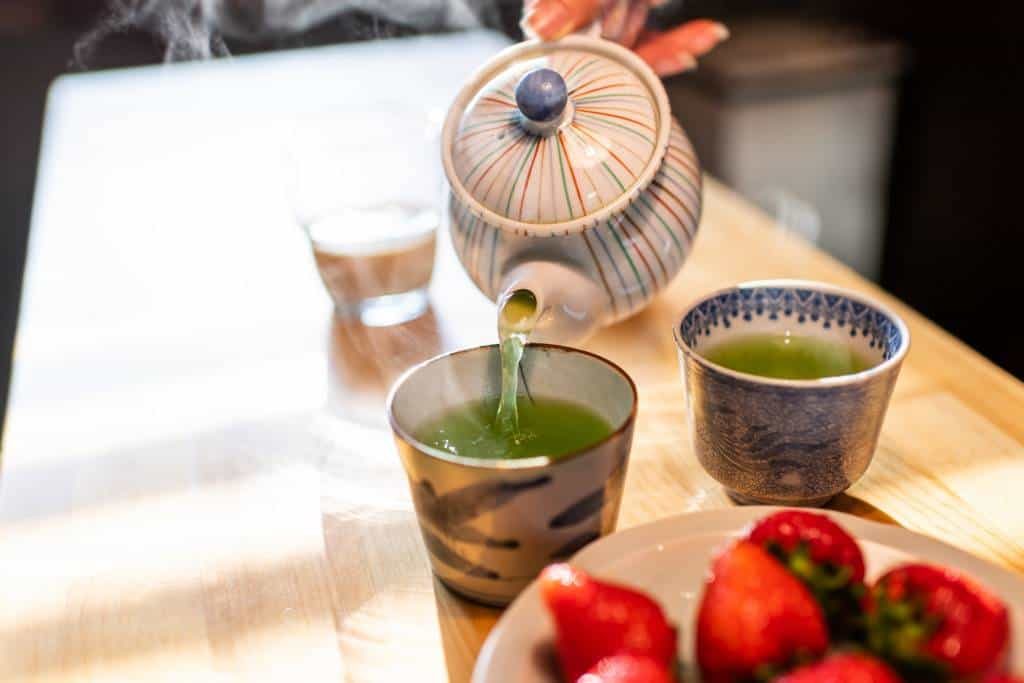The epidemiological study of 2,800 people aged 50 and older took place over 20 years, offering a long-term look at the relationship between foods containing flavonoids and risk of Alzheimer’s disease. The research team used dietary questionnaires filled out at medical exams approximately every four years by participants in the Framingham Heart Study, a mostly Caucasian group of people who have been studied over several generations for risk factors of heart disease. The participants were from the Offspring Cohort—the children of the original participants—who were free of Alzheimer’s disease and related dementias (ADRD) at the beginning of the study.
The researchers determined that there were three flavonoid types which, at a higher intake level, lowered risk of dementia. Specifically:
- Low intake of flavonols (apples, pears and tea) was associated with twice the risk of developing ADRD.
- Low intake of anthocyanins (blueberries, strawberries, and red wine) was associated with a four-fold risk of developing ADRD.
- Low intake of flavonoid polymers (apples, pears, and tea) was associated with twice the risk of developing ADRD.
Related: Smart Supplements For: Sharper, Calmer, Happier Choline Intake Could Help Guard Against Alzheimer’s, Study Suggests Flavonoid Intake May Help Protect Against Cancer, Heart Disease
Paul Jacques, senior author and Nutritional Epidemiologist at the USDA HNRCA, said in a press release on the topic: “Our study gives us a picture of how diet over time might be related to a person’s cognitive decline, as we were able to look at flavonoid intake over many years prior to participants’ dementia diagnoses. With no effective drugs currently available for the treatment of Alzheimer’s disease, preventing disease through a healthy diet is an important consideration.”Low intake was equal to no berries per month, roughly one-and-a-half apples per month, and no tea; high intake was equal to roughly 7.5 cups of blueberries or strawberries per month, 8 apples and pears per month, and 19 cups of tea per month.
Jacques noted in the release that 50, the average age at which data was first analyzed for participants, is not too late to make dietary changes: “The risk of dementia really starts to increase over age 70, and the take-home message is: When you are approaching 50 or just beyond, you should start thinking about a healthier diet if you haven’t already.”
Limitations of the study include use of self-reported food data, the fact that the findings are only generalizable to middle-aged or older adults of European descent, and the fact that the study is observational, and therefore cannot prove a causal relationship.
"Tea, specifically green tea, and berries are good sources of flavonoids," noted first author Esra Shishtar, who at the time of the study was a doctoral student at the Gerald J. and Dorothy R. Friedman School of Nutrition Science and Policy at Tufts University in the Nutritional Epidemiology Program at the USDA HNRCA, in the press release. "When we look at the study results, we see that the people who may benefit the most from consuming more flavonoids are people at the lowest levels of intake, and it doesn't take much to improve levels. A cup of tea a day or some berries two or three times a week would be adequate.”










